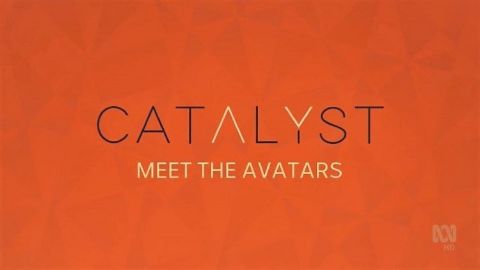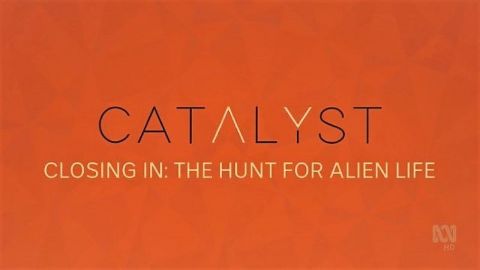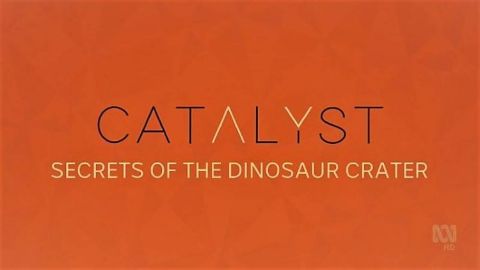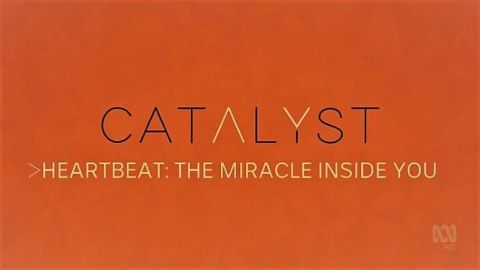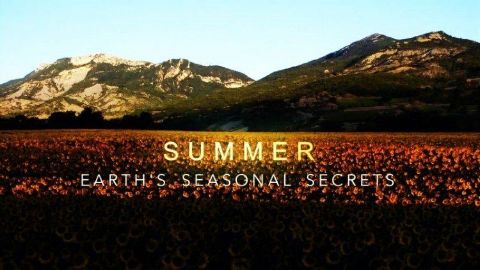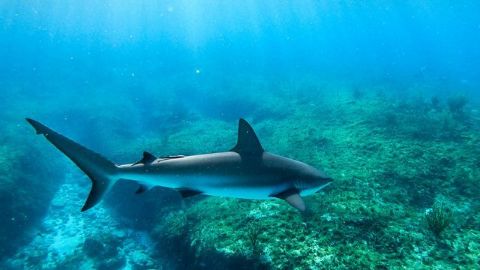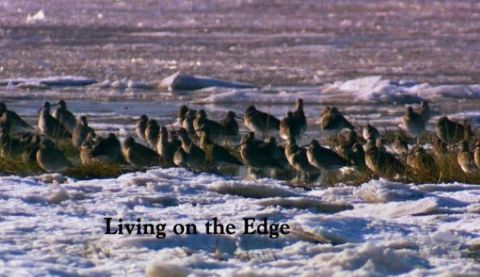Secrets of the Dinosaur Crater • 2017 • episode "S1E5" • Catalyst: Series 18
A group of world-renowned scientists are on a quest to uncover the secrets of the most significant day in our planet's history: the day that killed the dinosaurs. 66 million years ago an asteroid the size of London hit the planet in the modern-day Gulf of Mexico. Now, as co-leaders of an expedition to drill deep into the Chicxulub asteroid impact crater, Geologists Sean Gulick and Jo Morgan have set out to answer how this resulted in the extinction of dinosaurs.
Make a donation
Buy a brother a hot coffee? Or a cold beer?
Hope you're finding these documentaries fascinating and eye-opening. It's just me, working hard behind the scenes to bring you this enriching content.
Running and maintaining a website like this takes time and resources. That's why I'm reaching out to you. If you appreciate what I do and would like to support my efforts, would you consider "buying me a coffee"?
Donation addresses
BTC: bc1q8ldskxh4x9qnddhcrgcun8rtvddeldm2a07r2v
ETH: 0x5CCAAA1afc5c5D814129d99277dDb5A979672116
With your donation through , you can show your appreciation and help me keep this project going. Every contribution, no matter how small, makes a significant impact. It goes directly towards covering server costs.
